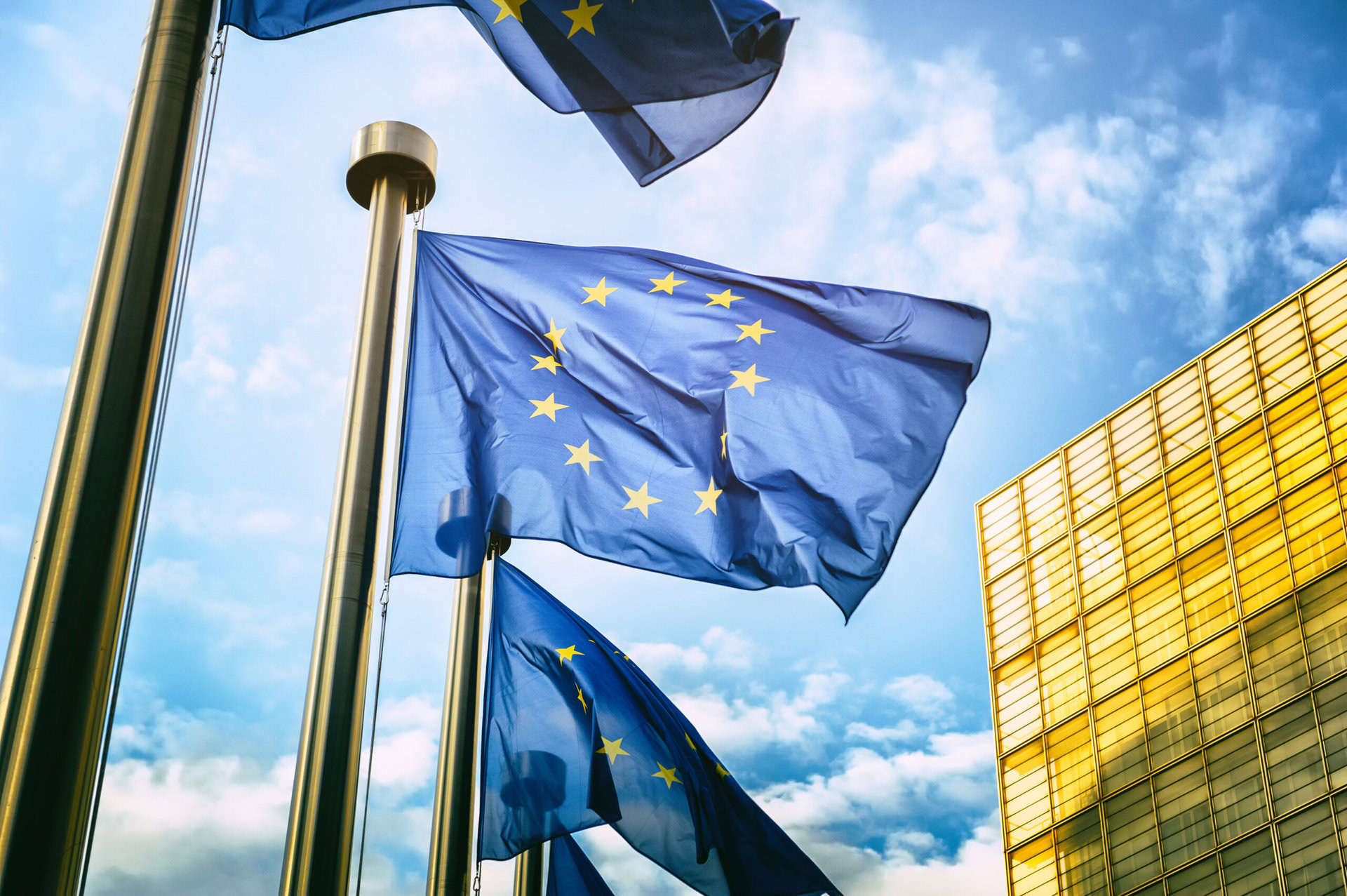Affiliate links on Android Authority may earn us a commission. Learn more.
EU anti-trust commissioner repeats old mantra that Google is stifling innovation

Margrethe Vestager, the European Commissioner for Competition, has delivered a rousing speech against Google and how the search giant is misusing its power and stifling innovation. Her speech follows the Commission’s decision to start antitrust proceedings against Google because the EU feels that Google is misusing its power by making OEMs and carriers pre-load certain Google apps on their Android smartphones. It also isn’t the first time that the Commissioner has attacked Google, she has repeated this same accusation several times including back in April at a regulatory conference in Amsterdam.
The Commissioner’s argument is basically this: necessity is the mother of invention, but because Google’s apps are already on our phones when we buy them, not many of us will go to the trouble of looking for alternatives. According to Vestager, this means that Google has taken away the “need” for alternatives and therefore it is stifling innovation.

The idea behind antitrust laws are to stop a large corporate taking control of a sector of the market and effectively controlling the users of that market, including government institutions, since there are no viable alternatives available. In other words, to stop the rise of evil corporations that we find in many Sci-Fi stories, to stop corporations controlling government and society.
Margrethe Vestager put it like this, “No one’s going to bother coming up with new ideas if it doesn’t help them get ahead of their rivals. So you won’t succeed in encouraging innovation unless companies believe you’ll let them keep the rewards. And that means that to encourage innovation, you need both competition and a reward for innovators.”
The EU’s intentions may seem right, we certainly don’t want sinister global corps controlling our lives, however it seems that the EU anti-trust commission has wandered a little when it comes to putting those intentions into practice. Apparently the only way to encourage innovation is to punish the market leaders with large million dollar (Euro) fines.
Google provides Android free of charge to OEMs and carriers. They are allowed to modify the software as they see fit, including which apps they pre-load on devices.
Among the pre-loaded apps on your Android phone is Google Play, an app which gives users access to millions of apps which can run on their phone, including alternative email services, alternative search engines, alternative mapping technology etc. Without Google Play pre-installed then users would not have easy access to those alternatives. For example, I know lots of people with Android phones who don’t use Gmail as their primary email provider and they use alternatives from companies like Yahoo or Microsoft, but they installed those alternative email clients via Google Play.
Sadly, Vestager’s doesn’t seem to quite understand how the free market works. In her speech she draws a parallel between the current high level of innovation in modern smartphones and the first Motorola mobile phone, “When Motorola made the first mobile phone, back in 1973, it was a great innovation. It was also the size of a brick, and weighed more than a kilo. So I think we’d all miss our smartphones if innovation had stopped there.” So she admits that innovation has been occurring in the mobile industry. She even agrees that Google is responsible for some of that innovation, “I certainly don’t want to take away the rewards Google has got from that.”
It is also interesting that the EU isn’t going after Apple, surely it should open up its mobile OS to allow others to install their own app stores etc?
Two other points that the EU seems to fail to understand are that 1) Google provides Android free of charge to OEMs and carriers. They are allowed to modify the software as they see fit, including which apps they pre-load on devices. But if carriers or OEMs wish to include Google’s services, Google asks for a few things in return. That is called a business transaction. 2) There are lots of companies who have taken Android and done something different with it. The prime example is Amazon.
It is also interesting that the EU isn’t going after Apple, surely it should open up its mobile OS to allow others to install their own app stores etc? While the commission is also investigating Apple it isn’t for abuse of power, but rather if it received an unfair tax deal from Ireland!
What do you think of this latest claim from the EC? Does Google stifle competition?